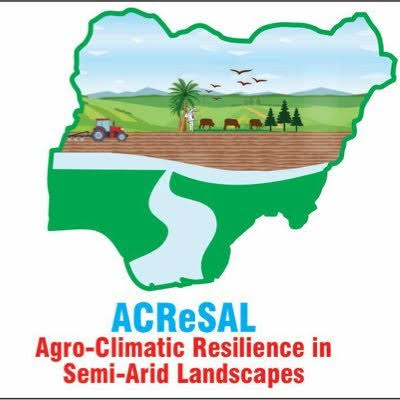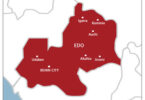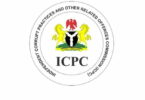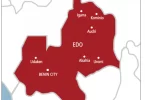In a significant milestone for environmental and community development, Niger State has launched the ACReSAL project, a World Bank-assisted initiative aimed at addressing desertification and enhancing community resilience.
The programme, launched at Abdulkadir Kure University, Minna, is set to complement the technical assistance provided by the Food and Agriculture Organization of the United Nations (FAO-UN) under Components A and B of the initiative, which focus on dry land management and community climate resilience.
Speaking at the groundbreaking event, Governor Umar Mohammed Bago stated that Component A of the project addresses dry land management by tackling desertification and land degradation. It aims to complement investments at the community level, ensuring that efforts to combat environmental challenges are both sustainable and impactful.
Component B, on the other hand, deals with improving agro-climatic resilience at the community and household levels. This involves promoting locally adapted sustainable land and water management strategies, paving the way for climate-smart approaches to agriculture and natural resource management.
Governor Umar Mohammed Bago, represented by his Deputy, Comrade Yakubu Garba, emphasized the project’s role in supporting the state’s initiative to develop multi-sectoral approaches for desertification control and landscape management. “This project will not only improve community resilience but also enhance the livelihoods of our rural communities,” he noted.
“The project will engage and train 100 youths, who will be supported with starter packs to establish plant nurseries at various locations across the state,” he declared.
Bago further stated that as part of the initial phase, the project will commence with the establishment of nurseries at the front view of Abdullahi Abdulkadir Kure University in Minna, before expanding to other areas including Bida, Kontagora, New Bussa, and Suleja. In addition, 100 women have been identified to receive training in seedling production, contributing to economic empowerment and community development.
“Water and sanitation are also key components of the ACReSAL project. To improve these essential services, 100 boreholes will be drilled across the 25 Local Government Areas of the state. The first phase of this effort will target Abdulkadir Kure University and seven communities, including Kpanduko in Bosso, Baidna in Paikoro, and Kaliko in Wushishi, with further expansions planned in the near future,” Bago added.
Governor Umaru Bago praised the collaboration between the state and the World Bank, assuring continued government support through prompt payment of counterpart funds. He also commended the efforts of the State ACReSAL Project team for making this initiative a reality. “I urge all beneficiaries to make judicious use of this opportunity to be part of the success story of our New Niger Agenda for a green economy,” he said.
In his remarks, the Commissioner for Environment and Climate Change, Yakubu Mohammed Kolo highlighted the ACReSAL project’s response to the unique challenges faced by the semi-arid regions of northern Nigeria, including erratic rainfall, soil degradation, and extreme weather patterns.
These factors have had a profound impact on food production, water availability, and the livelihoods of farmers and rural communities. The project aims to equip communities with the tools and knowledge needed to adapt to these challenges, ultimately reducing their vulnerability to drought and unpredictable weather conditions.
He added that by promoting climate-smart agricultural techniques, the project seeks to improve crop yields and water management practices. It will also engage communities in sustainable land management practices to prevent further land degradation, restore degraded ecosystems, and enhance biodiversity across the state’s semi-arid landscapes.
“Through innovative water-saving techniques and improved irrigation systems, the ACReSAL project will ensure sustainable water management for both agricultural and domestic use. This, combined with efforts to build the capacity of farmers, women, youth, and community leaders, will empower communities to take charge of their resources and livelihoods in sustainable ways,” the Commissioner stated.
The Commissioner further mentioned that the ACReSAL project represents a collaborative effort to create a more resilient, food-secure, and environmentally sustainable future for Niger State. Governor Bago’s administration remains committed to supporting these initiatives and ensuring their success for the benefit of all residents.
Meanwhile, highlight of the event was the flag-off of ten tractors and tree planting to mark the beginning of the project.







